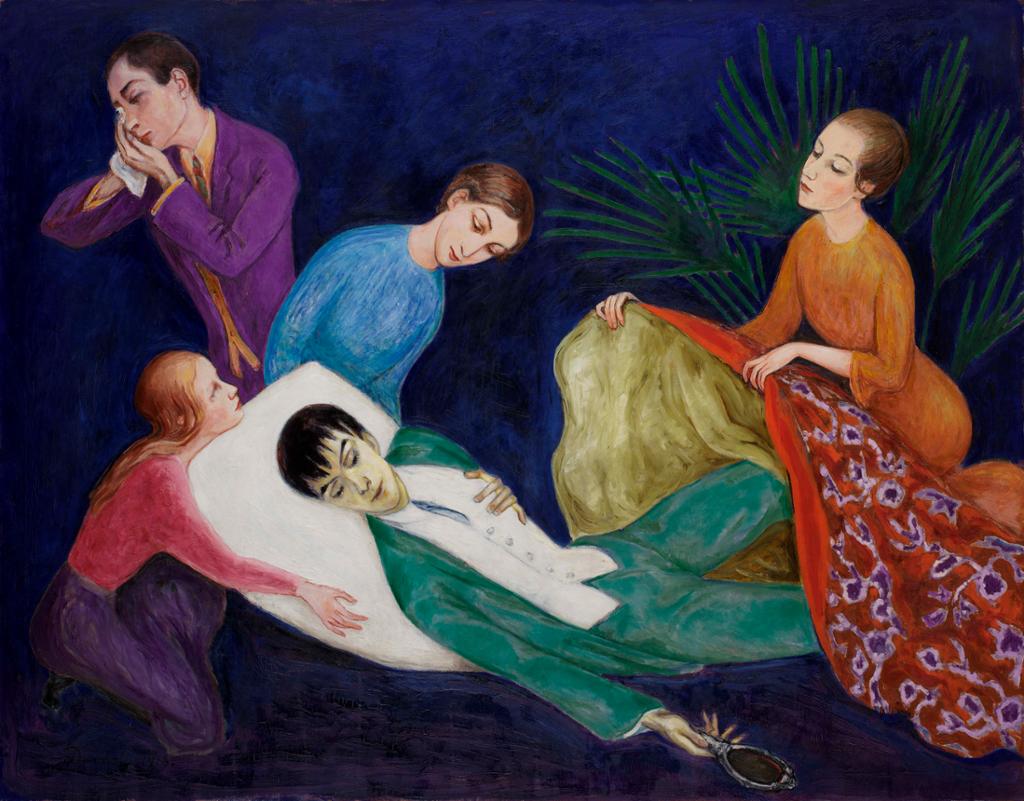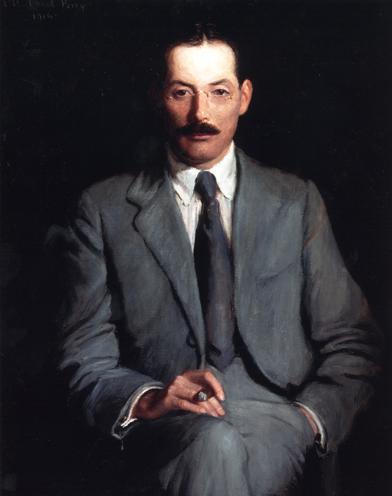Richard Cory by Edwin Arlington Robinson

Edwin Arlington Robinson (1869 - 1935) had a difficult boyhood and was a shy and quiet child. He grew up in a time characterised by the rise of big business in America, and the material success of his older brothers made him conscious of the different aspects of capitalism. During the last decade of the 19th century, both his parents and his two brothers died, and with no family ties, Robinson moved to New York City. He lived in bohemian Greenwich Village, where he was inspired by friends to continue his writing in spite of the fact that no editors wanted to publish any of his work. His first volumes were published at his own expense and partially sponsored by his friends.

He had different stray jobs, but remained dedicated to his poetic vocation and wrote when he had time and inspiration. In 1905, a magazine published some of his writing, and after more than ten years of dedicated work, he received his first pay check for the work he really wanted to do. His article was accidentally read by Kermit Roosevelt, the son of the president of the United States, who liked his writing and offered him a job at the Customs House in New York harbour. This was the turning point for Robinson, who now had a small salary and also time and energy for poetry. His first collection of poems won the Pulitzer Prize in 1921, and so did his long narrative 'The Man who Died Twice' in 1924. Robinson was a versatile writer who produced poetry, but also prose and critical essays. He is among the most cherished American poets of the 20th century.
'Richard Cory' is a narrative poem written in 1897. It is one of Edwin Arlington Robinson 's most famous works.
The poem explores the topic of success: How do we measure or define success? For some, success means fortune and fame. But does success equal happiness? Fame and prosperity often come at a cost, and what we see of successful people is only the outside. A glittering and glamorous facade may, in fact, be a shiny disguise to cover deep unhappiness.
Whenever Richard Cory went down town,
We people on the pavement looked at him:
He was a gentleman from sole to crown,
Clean favored, and imperially slim.
And he was always quietly arrayed,
And he was always human when he talked;
But still he fluttered pulses when he said,
“Good-morning” and he glittered when he walked.
And he was rich – yes, richer than a king –
And admirably schooled in every grace:
In fine, we thought that he was everything
To make us wish that we were in his place.
So on we worked, and waited for the light,
And went without the meat, and cursed the bread;
And Richard Cory, one calm summer night,
went home and put a bullet through his head.
Relatert innhold
A set of activities that will help you better understand the poem 'Richard Cory' by Edwin Arlington Robinson.